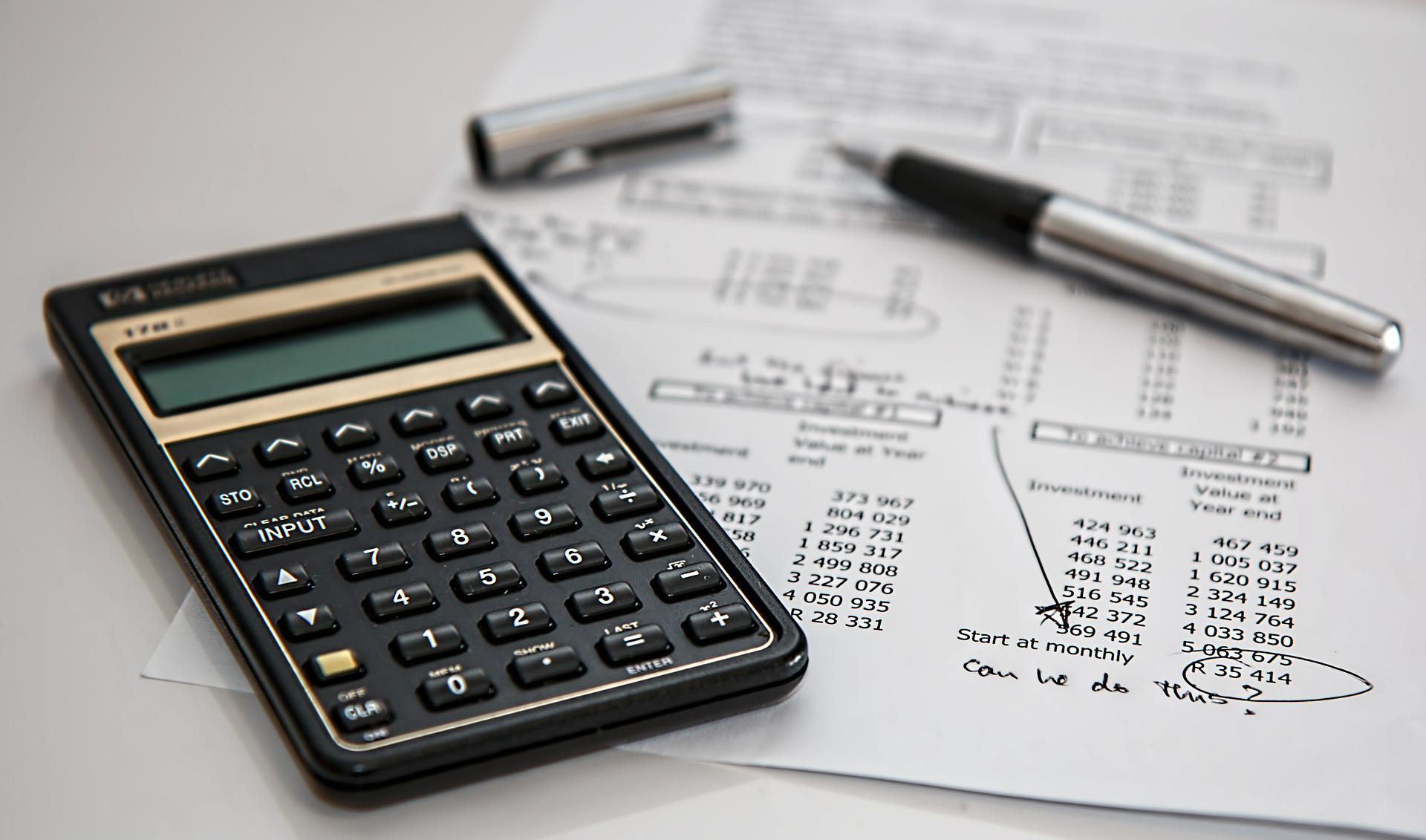
What Could Happen if You Don’t Pay Your Taxes
Everyone knows that in the United States, your taxes are due by April 15th every year. The only exception is when that date falls on a weekend, in which case people have up until one or two more days to file depending on whether the 15th falls on a Saturday or Sunday. Of course, there are penalties a person can face if they fail to pay their taxes. It’s important to know what can happen in this situation.
Failure to Pay Penalty
When a person doesn’t file their taxes, there is an automatic penalty imposed that is known as failure to pay. The amount placed upon the taxpayer is five percent of their unpaid taxes for each month they are late, which can add up to a maximum of 25 percent. Also, if the individual’s taxes are over 60 days late, they will be forced to pay at least $135 or 100 percent of what they owe, whichever is less.
If a person files their taxes but doesn’t pay them, the Internal Revenue Service (IRS) will charge them the failure to pay penalty. As a whole, this penalty is less than it is for someone who doesn’t even file their taxes. The charge is 0.5 percent of the person’s unpaid taxes for each month they go unsettled at a maximum of 25 percent. There is also an interest rate that accrues on the unpaid taxes, which is equal to the short-term federal rate in addition to three percent.
What Happens When Taxes are Left Unpaid?
Even if a person is only a few short months delinquent on their taxes, the penalties can add up quickly due to interest and fees. Additionally, a person can miss out on their tax refund when they don’t file or don’t pay their taxes. Each year, the IRS holds an average of around $700 per person in unclaimed refunds, which adds up to nearly $1 billion.
While there can be legitimate problems that interfere with a person paying their taxes, flatly ignoring them can have definite consequences. In that situation, the IRS can do the following:
- File a notice of a federal tax lien that can claim a person’s property
- Seize the individual’s property
- Make the person forfeit their tax refund
- File charges against the individual for tax evasion
- Revoke the person’s passport
There are options if your taxes are too much for you to pay at the moment. It is possible to obtain a payment plan or another solution by calling the IRS and speaking to an agent. If your financial problems go deeper and your taxes remain untouched, the IRS could take legal action against you. If you’re behind on tax payments and the IRS launches an investigation, you could face charges of federal tax fraud.
Legal Help with Your Taxes
If you fail to pay your taxes promptly, you might face legal repercussions. Tax crimes can have staggering effects on your personal finances. Federal tax fraud, in particular, would require the aid of a board-certified defense lawyer. At the Umansky Law Firm, our lawyers have over 100 combined years of experience defending those who face charges for tax-related offenses. Attorney Brice Aikens is a Board-Certified Criminal Trial Lawyer who fights federal charges. Call our office or fill out our contact form for a free legal consultation.


